Harvard wins the day, the UK free speech crisis continues unabated, FIRE files suit in TX, & more!
Bringing you the latest free speech news (9/7/25)
Stories of the week
Three takeaways from Harvard’s victory over the Trump administration’s funding freeze by Robert Shibley
Harvard should be commended for standing up for its legal rights rather than settling under this intense government pressure. As our nation’s oldest and wealthiest university, if Harvard was unwilling to defend its rights in court, it was unlikely that any other institution would have the fortitude to do so.
In the United Kingdom, freedom of speech is more of a custom than a rule. America’s mother country has no consolidated, written constitution. Democracy and civil liberties evolved slowly and organically there.
Such a system is ripe for abuse. Politicians can effectively make things up as they go along. A mix of statutes, passed by different British governments, have been leveraged to arrest people over bad tweets. No thought is spared as to what will happen next when a different party or a different leader takes over.
This week in ERI
This week in Expression
In our 2026 College Free Speech Rankings Survey (2025 data), FIRE measures student attitudes towards these disruptive tactics by asking students how often, if ever, it’s acceptable to engage in these tactics. 73% of students say that these tactics are at least rarely acceptable.
Until recently, these vices primarily belonged to Democratic students, with a staggering 79% of students who identify as strong Democrats agreeing that shouting down a speaker is at least rarely acceptable. Republicans have finally, perhaps belatedly, arrived at the party, with over half of strong Republicans now saying it’s acceptable to shout down a speaker. And, in 2025, strong Republicans passed strong Democrats in support for using violence to shout down a speaker.
This week on So to Speak
This week, Nico Perrino spoke with former FIRE president, David French, and his co-host of the Advisory Opinions podcast, Sarah Isgur, about the limits of presidential power, the state of the conservative legal movement, and even some disagreements they have with FIRE. Come for the highbrow legal analysis, stay to learn where David went on his first date.
This week in FIRE’s blog
The Foundation for Individual Rights and Expression filed a lawsuit today to stop enforcement of a new, unconstitutional law that turns every public university in Texas into a speech-free zone starting at 10 p.m. every day. FIRE is suing the University of Texas System on behalf of student musicians, journalists, political organizers, and religious students who span the ideological spectrum, all of whom the new Texas law threatens to silence.
FIRE statement on ruling that Trump’s funding freeze for Harvard was unlawful
New campus censorship hack turns trademark law into muzzle by Ross Marchand
FIRE in the press!
Despots at Home and Abroad Want to Silence Our Campuses (The Chronicle of Higher Education) by Sarah McLaughlin
International students are not the only targets in the censors’ sights. Funding can also offer a powerful lever of control over an industry often beset by financial challenges. Government officials, whether in the United States, China, or Qatar, know that all too well.
Here in the United States, President Trump has used pressure campaigns that disregard federal law to target universities’ federal funds and, in Harvard’s case, sought out other financial punishments including revocation of the university’s ability to host international students and its tax-exempt status. This effort, which has so far seen more capitulation than opposition on the part of university leadership, is a naked endeavor by the federal government to forcefully and unconstitutionally realign higher education with the administration’s political goals and preferences.
London Calling: Ronnie’s First Amendment Roundup
President and Fellows of Harvard College v. U.S. Dept. of Health & Human Services
Harvard gets a win in challenging ideologically based government overreach (hat-tip to FIRE’s Campus Advocacy and its Special Counsel-penned Three Takeaways)
The federal district court in Massachusetts has granted summary judgment to Harvard on its claims under the First Amendment (and Title VI of the Civil Rights Act) that the government violated its rights by stripping it of billions in federal funding last April amidst administration statements hostile to the school’s political viewpoint, though officials later claimed their actions sought to fight antisemitism at the school. After clearing a path to the court’s authority over the case (as opposed to the Court of Federal Claims, which has exclusive jurisdiction for contract claims against the government), the court held the government cannot force private institutions like Harvard to punish speech protected by the First Amendment. Comparing the government’s actions to those the Supreme Court chastised just last year in National Rifle Association v. Vullo, the district could held the “Defendants (like Maria Vullo) urged and threatened Harvard (in the position of the insurer) to hire faculty and make curricula and research choices that better aligned with the government’s preferred viewpoints, to the detriment of professors and researchers with competing views (like the NRA).” Point blank: “this type of coercion to suppress speech, third-party or otherwise, is not permissible.” The court noted the record “does not reflect that fighting antisemitism was Defendants’ true aim” given that “government officials spoke publicly and contemporaneously on … their motivations” in statements “flatly inconsistent” with that objective, which is only reinforced by how “the majority of the demands … of Harvard to restore its research funding are directed … at [its] governance, staffing and hiring practices, and admissions policies—all of which have little to do with antisemitism and everything to do with Defendants’ power and political views.” The court thus made clear that even were that not the government’s motivation, “combatting antisemitism cannot be accomplished on the back of the First Amendment.” The court also held it was “undisputed” the government unlawfully bypassed prescribed processes in targeting Harvard’s funding, as “Congress … passed a law that explicitly provides for when and how an agency can terminate federal funding to address this type of discrimination—and that law is Title VI, which dictates that ‘no such action shall be taken until the department or agency’ has gone through the appropriate procedures.” The court’s reasoning echoes what FIRE has said publicly and in its amicus brief in the case: “the government cannot strongarm private actors into punishing speech that the First Amendment protects from state intrusion,” and pursuing the worthy end of fighting anti-Semitic and other unlawful discrimination on campus does not justify unconstitutional methods.
International free speech stories of the week
The Arrest That Demonstrates Europe’s Free-Speech Problem (The Atlantic) by Helen Lewis
Six charged with terrorism offences over support for Palestine Action (BBC) by Ruth Comerford
Nepal to block some social media including Facebook (Reuters) by Gopal Sharma
Moroccan feminist and LGBTQ activist sentenced to prison in blasphemy case (AP) by Akram Oubachir
Musa al-Gharbi’s We Have Never Been Woke is book of the month
My book of the month for September — and the winner of ERI’s Prestigious Ashurbanipal Award, goes to Musa al-Gharbi’s We Have Never Been Woke: The Cultural Contradictions of a New Elite.
I’ve been meaning to write an extensive review of this book since it came out last October. I have a lot to say about it, but since I’m not sure I’ll ever actually find the time to write on it at any length, I want to at least urge people to buy and read it.
We Have Never Been Woke brilliantly explains the norms, idiosyncrasies, and ways of thinking of America’s ruling class. And by that, I don’t mean “ruling class” in a pejorative sense. What’s sometimes called the “techno-managerial ruling class” is a very real feature of any society, and it matters who those people are because they often have more influence over your life than you realize. As the book argues, they are frequently as powerful as, or even more powerful than, the wealthiest members of society.
On the surface, al-Gharbi’s book is an exploration of what we colloquially call “wokeness” and “woke norms,” but it goes much deeper than that. I’ve often been critical of sociology — at least in the direction the field has taken in recent years — but I think a sociologist turning his lens on the very social class in which sociologists themselves operate may be the best possible use of the discipline. It allows for an analytic framework, born of a particular cultural milieu and its expectations, to be turned back on itself. The standards of sociology may not make much sense for evaluating other groups, but they make perfect sense for evaluating the group that created them in the first place.
Maybe one day I’ll write a full review of We Have Never Been Woke. But until then, I didn’t want to wait any longer to tell you the most important thing: you should definitely read it.



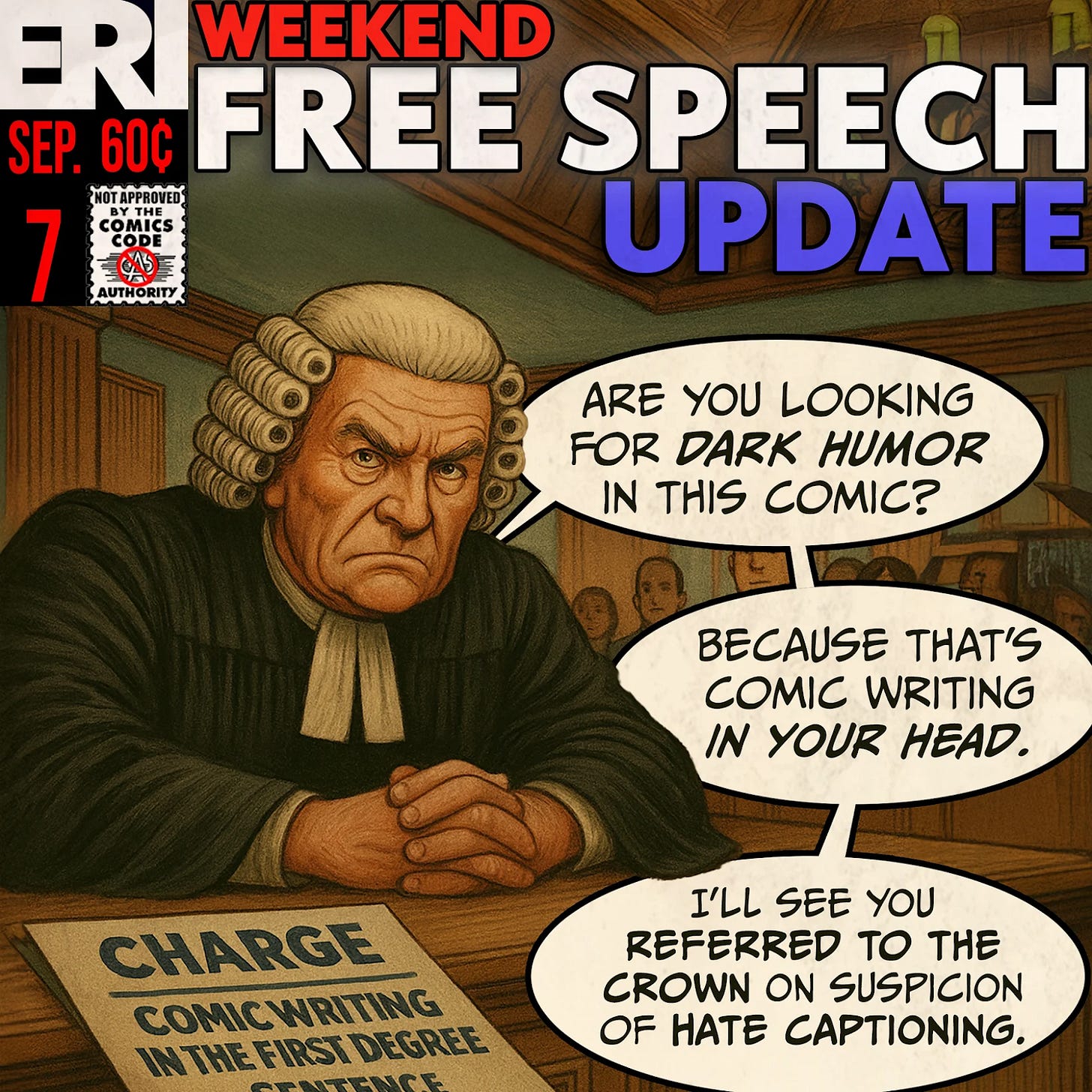
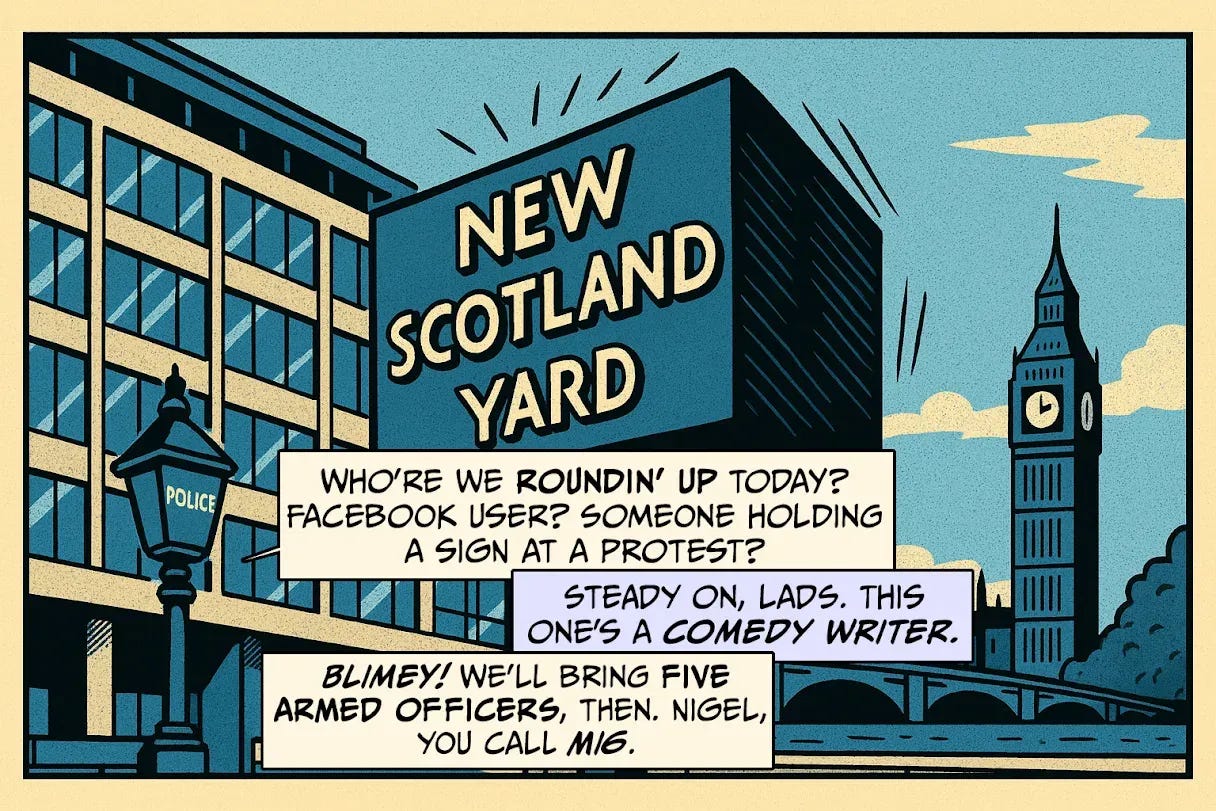
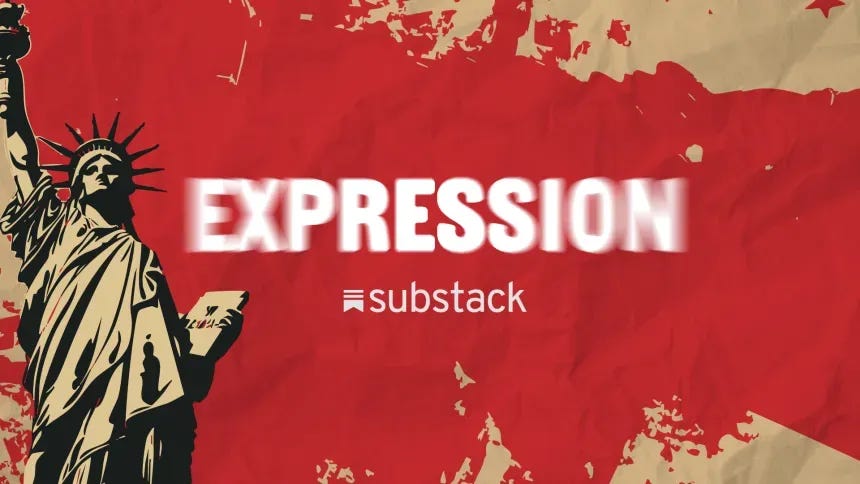
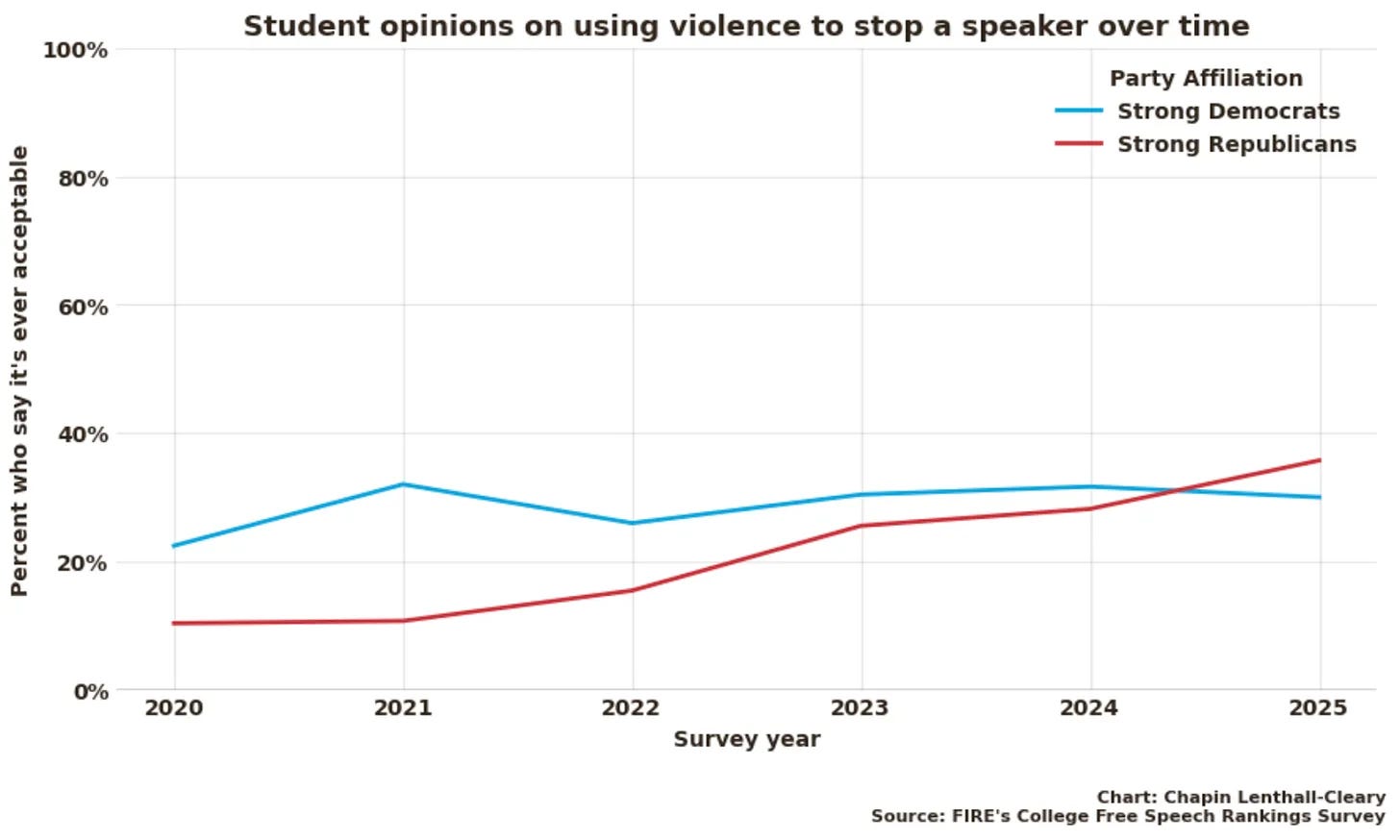

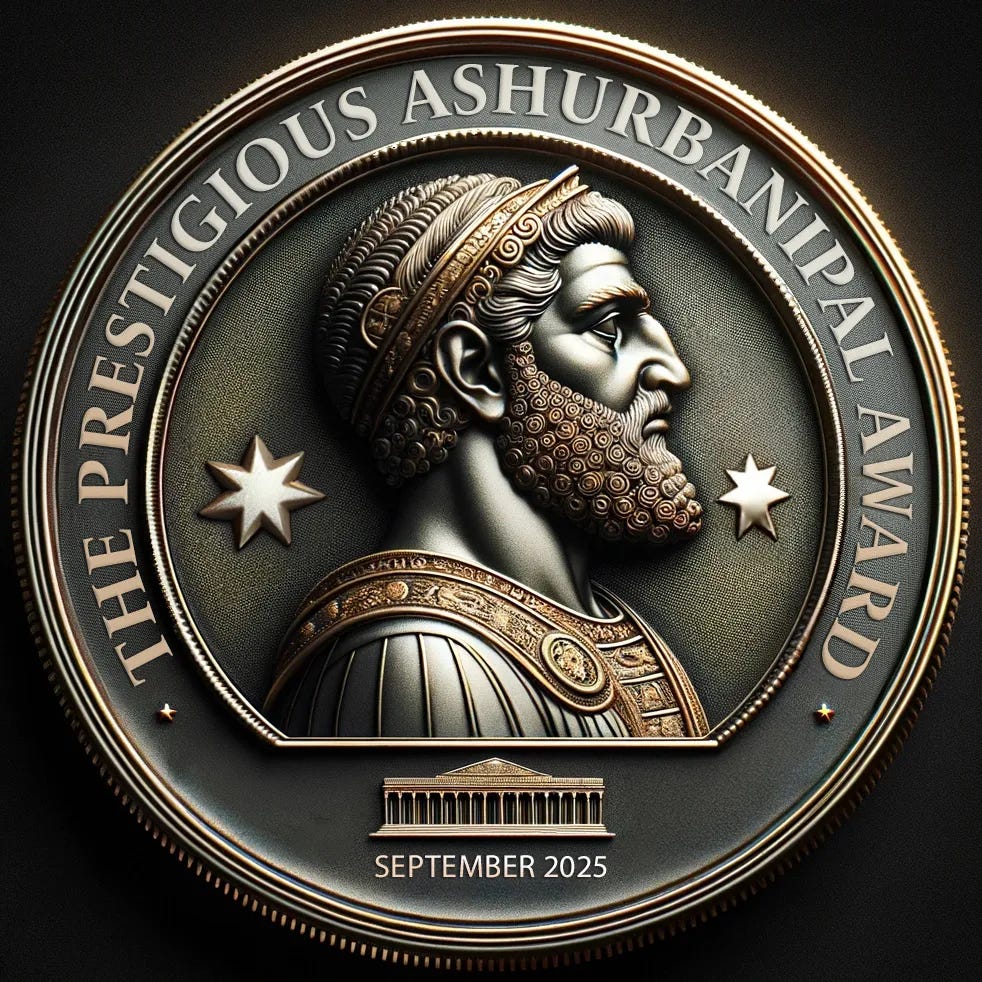
The Texas law is just a recent example of truly stupid legislation that betrays a stunningly lazy approach to addressing a problem. In general, laws are blunt instruments, but there's no excuse for one as blunt and unconstitutional as this. Principled legislaters seem to be in short supply, and not just in Texas.
Re: Republicans catching up with Democrats on the "heckler's veto", I've long said the endgame of cancel culture is Mutually Assured Destruction, not cowering conservatives.